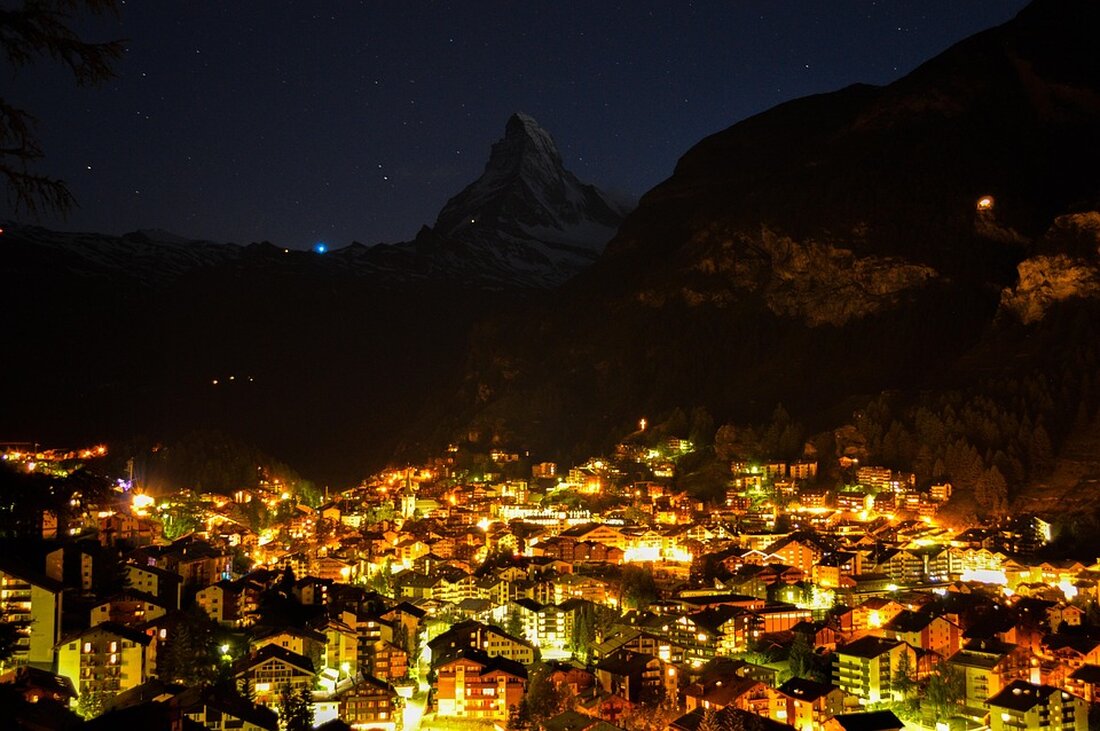Fear Europeans to go under in history while Putin is waving around Trump
Europeans fear that they are only a footnote in history, while Putin and Trump negotiate the Ukraine conflict. What effects does this have on the transatlantic alliance?

Fear Europeans to go under in history while Putin is waving around Trump
In the past few days, European capitals have again devoted themselves to developments between Russian President Vladimir Putin and US President Donald Trump. The upcoming summit in Alaska has the fears of a possible division of the transatlantic alliance and Putin's possible demands in the Ukraine conflict. A European diplomat that wants to remain anonymous emphasized: "We run the risk of ending as a footnote in history."The uncertainty about Putin's demands
The European concern is partly based on the fact that so far little is known about the proposals of the Kremlin that have been made to end the fights in Ukraine. Putin has not published any detailed information, and after the meeting between the US representative Steve Witkoff and the Russian leader there is also silent. After Witkoff's departure from Moscow, Trump only commented: "Everything is very complicated. We will get some areas back, others will be exchanged. There will be an exchange of territories that will benefit both of them."
The concerns of Europeans
The European countries fear, however, that “for the benefit of both” is very unrealistic. There is no signs that Putin deviates even in the slightest from his maximum demands - neither in territorial terms nor with regard to Ukraine, which should continue to serve as the goal of Russian aggression without security guarantees. A diplomat said: "In Paris, Berlin or London there is no feeling that the annexation of foreign territory is important for this US government, and the Europeans feel that this is extremely worrying."
common position of Europe
The United Kingdom, France, Germany, Italy and the EU said together on Saturday: "We remain obliged to the principle that international borders must not be changed by violence." Poland and Finland have also joined the explanation. In this context, you spent a lot of time convincing the US Vice President JD Vance and gaining clarity about the planned negotiations.
The conditions for peace
According to the Institute for the Study of War, Putin's Trump Administration has described Putin's demands for an armistice in Ukraine in various ways since August 6th. A common denominator, however, is that Putin will demand that the Ukrainian armed forces retire from all parts of the Donetsk region, which they still control. This includes important cities such as Slovyansk, Kramatorsk and Kostyantynivka. Agetting to such a claim would force Ukraine to give up its “fortress zone”, which has been the main defense line in the Donetsk region since 2014.
comparisons to history
The comparisons with the Munich Agreement between British Prime Minister Neville Chamberlain and Adolf Hitler in 1938 are striking. Even after the cast of Czechoslovakia, Chamberlain had said that Hitler had assured him: "This is the last territorial claim that I will raise in Europe." It remains unclear whether Putin will continue to control the other two Ukrainian regions - Cherson and Zaporizhzhia - or whether he is willing to accept the status quo on the front line.
The role of the European Union
It is also unclear whether Putin will request that Ukraine Moscow recognize sovereignty over the Crimea and what he could offer in return. President Zelensky has already pointed out that the Ukrainian constitution prohibits a assignment of territory. The Europeans consider an armistice as a prerequisite for further negotiations on any assignments. The European heads of state and government emphasized: "The current contact line should be the starting point for the negotiations."
prospects for security
Another stranger remains whether the Kremlin agrees to a European “sedative” that would guarantee the ceasefire. Previous signs indicate that it will not allow such a contingent consisting of NATO countries. The European leaders emphasized in their explanation: "There must be robust and credible security guarantees that enable Ukraine to effectively defend their sovereignty and territorial integrity."
criticism of the European strategy
Experience, however, shows that the Europeans try in vain to soothe Trump and flatter them. "Since its inauguration in January, Europeans have acquired unlimited tickets for the Trump-Achterbahn ride. They have strapped up and shout regularly with fear, but are not able to get out," says Rym Meltaz from the Carnegie Foundation for International Peace. You pay a high price that you have not developed a strategic identity regardless of the United States, as President Emmanuel Macron has been asking for eight years.
The role of the international community
The EU head of foreign policy Kaja Kallas made it clear: "Every agreement between the United States and Russia must also include Ukraine and the EU, because it is about the security of Ukraine and all of Europe." According to Mick Ryan, a former Australian general who pursues the conflict, Europe's dilemma is significantly more precarious than it should be, since the United States itself has no strategy for Ukraine. "There is only anger, impulses, posts on social media, frequent course changes and a supporting wish of Trump to win the Nobel Peace Prize."

 Suche
Suche
